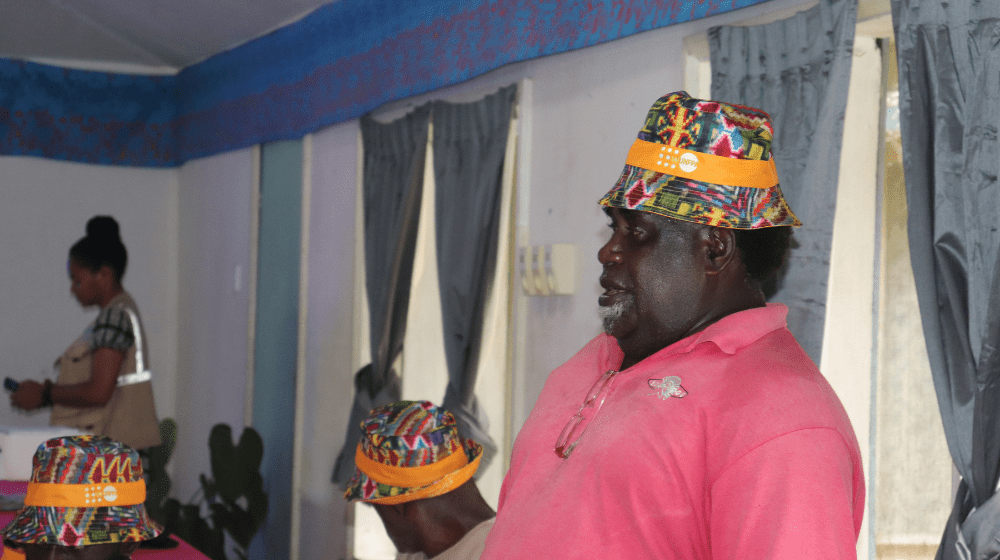Frontline responders often are in situations where they feel compelled to put the needs of the community before their own needs. Most training they undergo as frontline responders in their different field of work is more focused on capacity building to keep doing the work they do.
“However, this training has been different, a first of its kind really. This training focuses more on the frontline workers and the importance of our wellbeing in order to deliver and provide results in our line of work, “ said Ms. Jacqualine Mirinka, the Acting District Manager of Wakunai District, Central Bougainville.
Ms. Mirinka was one of 21 frontline responders who participated in 3-day training on Psychological First Aid, Stress Management and Selfcare from the 2nd - 4th of November 2023. A training facilitated and led by the United Nations Population Fund to create a safe space for frontliners to open-up, share their experience and challenges but also positive coping mechanisms to deal with stress, learn from each other and build their capacity on the provision of PFA for future emergencies.
These frontline workers provided support and care to the victims of the Mt. Bagana Volcanic eruptions in June this year when they were relocated to the Wakuani Primary School in Central Bougainville for 6 weeks. According to Ms. Mirinka, who is also Wakunai District’s Health Manager, these 21 participants were heavily involved with the 1700 victims during the 6 weeks.
“We were surrounded by the disaster through the displaced persons during July and the 6 weeks after. We faced the realities of burn out and we know that it is a real thing that we need help with correctly identifying and addressing,” Ms. Mirinki expressed.
“We have not received any training in this area of expertise and we thank UNFPA for identifying that Psychological First Aid is important, as are stress management and self-care.”
After this training, the community frontline responders are better able to deal with stress and how it affects many aspects of their lives.
“We can identify and manage our own stress levels through this training, which means that in future disasters we are better prepared to face the challenges, because we know how to take care of ourselves first.”


